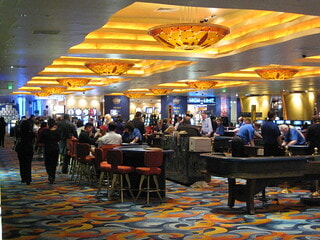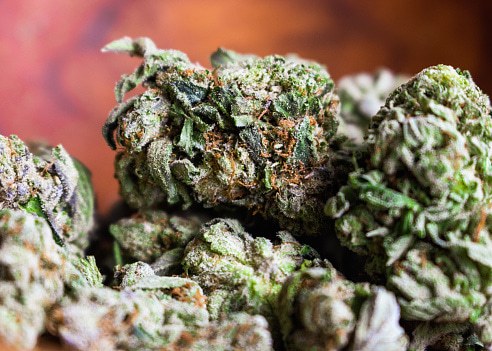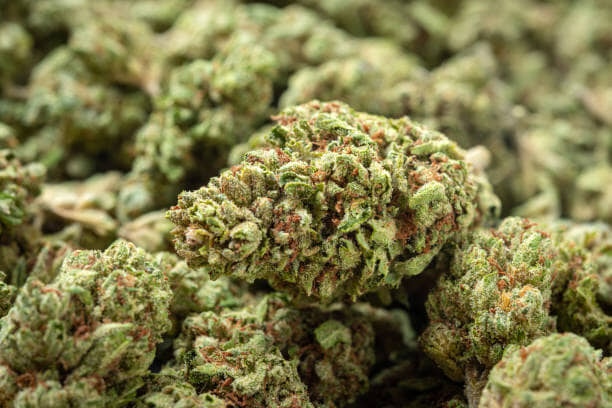
Sports Betting Pop Culture: How Gambling Took Over Sports and Entertainment
Sports used to be simple. You rooted for your team, cheered for the highlights, and argued about the referees. Today, something else sits at the center of the sports conversation: betting. In 2025, sports betting is not just an activity, it is a cultural force. It shapes how games are watched, how athletes are covered, and how fans interact with each other. You cannot scroll TikTok, flip on ESPN, or even listen to a podcast without hearing about parlays, point spreads, or locks of the week. Sports betting pop culture has arrived, and it has transformed fandom into something far bigger than wins and losses.
How Legalization Sparked the Boom
The roots of this cultural takeover go back to legalization. For decades, sports betting existed in the shadows through bookies, offshore websites, or Vegas casinos. But after the Supreme Court cleared the way in 2018 for states to regulate it, everything changed. One by one, states began opening legal markets. By 2025, over thirty states offer legal betting, and billions of dollars move through the industry every year.
That shift did more than open wallets. It normalized betting. What was once considered sketchy or taboo is now as easy as downloading an app. Legalization also unleashed a flood of advertising. Suddenly, every game and every broadcast featured betting odds, app logos, and special promotions. Fans who had never considered betting before found themselves exposed to it constantly.
Broadcasts Rewritten by Betting
If you tune into a football or basketball game in 2025, you notice how much betting has infiltrated broadcasts. Lines crawl across the bottom of the screen. Pregame shows dedicate entire segments to odds analysis. Commentators casually mention over-unders as part of the conversation. Even graphics now include betting props, like “First player to score” or “Next touchdown odds.”
For networks, betting is a way to keep viewers engaged. For fans, it adds another reason to care about every moment. A meaningless late-game basket now has financial stakes for someone watching. A blowout in the fourth quarter suddenly matters because of the spread. The shift has turned games into layered experiences where winning and losing are only part of the story.
TikTok, Memes, and the Social Side of Betting
The internet thrives on drama, and betting delivers it. TikTok is flooded with creators posting parlay predictions, reaction videos, and memes about bad beats. A viral clip of someone missing a $10,000 payout because of one last-leg failure gets millions of views. On the flip side, stories of small bets turning into huge wins spread like wildfire.
Betting slips have become social content. Screenshots of winning tickets or heartbreaking losses circulate like memes. Influencers build entire brands around sharing picks, with audiences tuning in not just for the advice but for the entertainment. Even people who do not gamble find themselves laughing at the memes or following the drama. Betting content has become a genre of its own.
The Rise of Celebrity Endorsements
Sports betting apps have leaned heavily on celebrity endorsements to push into pop culture. Retired athletes appear in commercials breaking down odds. Rappers, comedians, and actors share their picks online, blurring the line between fandom and advertising. Podcasts sponsored by betting companies have exploded, with hosts casually weaving odds into conversations.
This strategy works because it taps into parasocial culture. If your favorite athlete or entertainer is betting on the same game as you, it feels like a shared experience. It makes betting part of lifestyle branding, not just gambling.
Fantasy Football and Betting Converge
Fantasy football set the stage for this boom. Millions of fans already obsessed over lineups, stats, and Sunday rituals. Fantasy gave fans a taste of what it feels like to have stakes in games beyond rooting interests. Betting was the natural next step.
Now, many leagues combine the two. People set their fantasy lineups while placing same-game parlays. Apps even offer features that integrate fantasy stats into betting predictions. The communities overlap, and the line between fantasy obsession and betting culture has all but disappeared.
The Psychology of the Sweat
At the heart of sports betting culture is the sweat. That moment when a game hangs in the balance and money rides on the outcome is addicting. It turns every play into a high-stakes moment, even for fans who would not normally care about that game. The sweat is what makes betting viral.
Fans film themselves pacing the room before a last-second kick. They scream at TVs when a garbage-time basket ruins their spread. They collapse in joy when a parlay hits against impossible odds. These raw emotional reactions are perfectly suited for social media, which is why they circulate so widely. Betting delivers drama on demand, and drama is pop culture fuel.
Critics and the Risks
Of course, the rise of sports betting has sparked backlash. Critics argue that gambling has been pushed too aggressively, especially toward young fans. Commercials glamorize the wins while ignoring the losses. Apps bombard users with promotions that encourage chasing bets. Helplines for gambling addiction report record spikes in calls, especially among young men.
There is also concern about the way betting reshapes fandom. Some argue that fans now care more about their bets than their teams. A lifelong fan might root against their own squad if it helps a parlay. Others worry that the focus on odds diminishes the spirit of sports itself. These cultural tensions sit beneath the surface of betting’s rapid rise.
How Other Sports Handle Betting
The NFL, NBA, and MLB have all embraced betting, partnering with sportsbooks and integrating odds into coverage. But not every sport handles it the same way. International soccer has long had ties to betting, but it also faces scandals around match-fixing. Tennis and cricket have dealt with similar issues.
In the U.S., college sports present unique challenges. Betting on unpaid athletes raises ethical concerns, yet wagers on March Madness or Saturday football games are some of the most popular. Regulators continue to debate how far betting should go, even as the culture around it grows stronger.
The Global Side of Betting Culture
Sports betting is not just an American phenomenon. In Europe, betting companies sponsor entire soccer clubs, plastering their logos on jerseys and stadiums. In Asia, betting platforms drive massive online traffic. The global market is interconnected, and pop culture references to betting often cross borders. A viral clip from an English soccer fan hitting a big parlay can trend on U.S. TikTok the same way an NFL bettor’s meltdown does.
The Blending of Gambling and Entertainment
Sports betting has reached a point where it is indistinguishable from entertainment. Apps promote betting on award shows, reality TV finales, and even political debates. This expansion shows that gambling is no longer confined to traditional sports. It has become a lens through which people engage with all kinds of live events.
This crossover reinforces how deeply sports betting has penetrated culture. It is not just about money. It is about participation. Fans want to feel invested in every outcome, and betting provides that entry point.
The Future of Sports Betting in Pop Culture
Where does sports betting go next? The future will likely include more tech integration. Augmented reality broadcasts may display live odds during games. Personalized AI recommendations will tailor bets based on your history. Social betting, where friends link accounts and share parlays in real time, is already emerging.
The cultural conversation may also shift. As addiction cases rise, regulators may push for stricter ad rules. Leagues may reconsider how much betting content belongs in broadcasts. But even if reforms come, the cultural genie is out of the bottle. Sports betting is firmly embedded in how fans experience games.
Sports betting pop culture has reshaped the way people engage with sports and entertainment. It has turned fans into participants, created viral content ecosystems, and blurred the line between rooting for a team and rooting for a payout. Critics worry about the risks, but the cultural momentum is undeniable.
In 2025, betting is not an add-on to fandom. It is the culture itself. From the sweat of last-second finishes to the endless flood of memes and TikToks, gambling has become a shared language. Whether you bet or not, you are part of the culture simply by watching, scrolling, and talking about the games. Sports will always be about wins and losses, but in this era, they are also about odds, spreads, and slips. The rise of sports betting is one of the biggest cultural shifts of the decade, and its influence will only grow.







